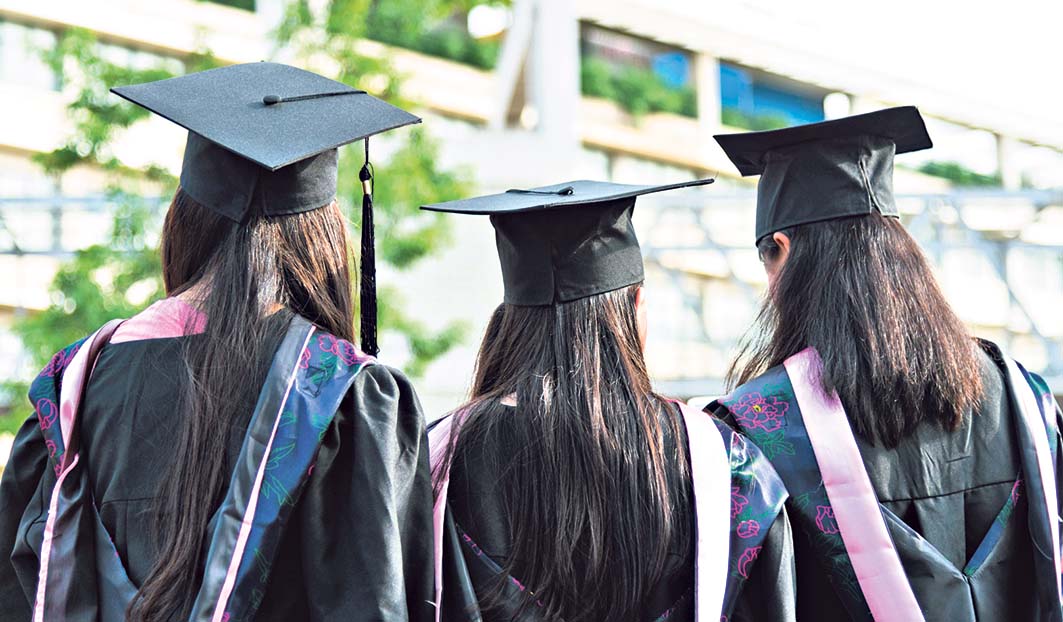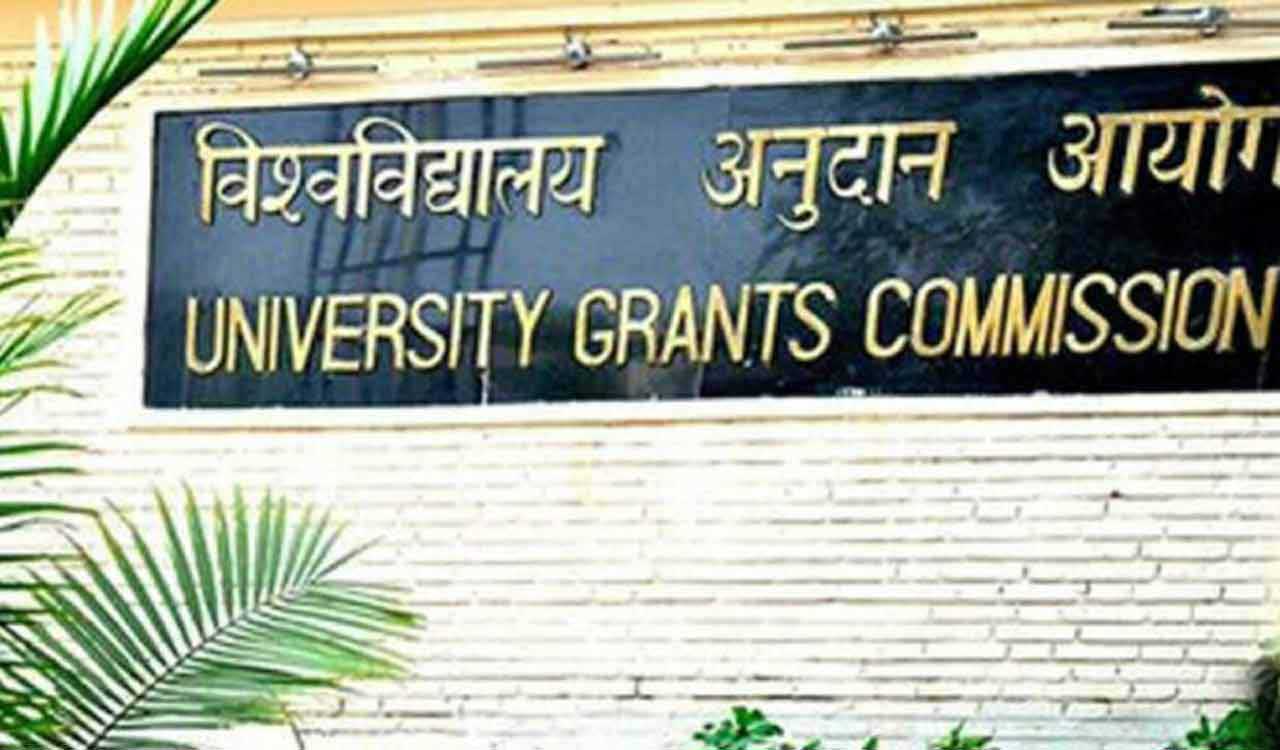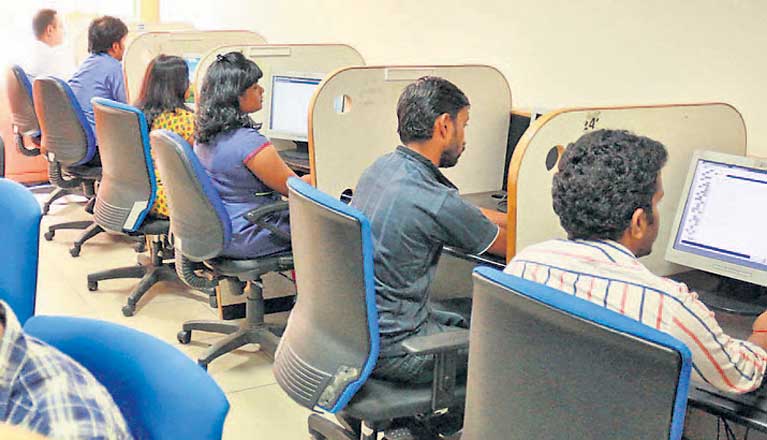Soon students can pursue any UG or PG program irrespective of past disciplines of study
The UGC introduces new major reforms in the draft UGC (Minimum Standards of Instructions in the Award of UG and PG Degrees) Regulations 2024.

Hyderabad: In a transformative and bold step that marks a significant departure from rigid stream-based admissions in higher education institutions (HEIs), the University Grants Commission (UGC) has provided flexibility to students to pursue any undergraduate or postgraduate programmes regardless of previous disciplines of study.
This means, irrespective of disciplines – Arts, Commerce or Science – taken by a student in Class XII or UG, a student is eligible for admission in any discipline of UG or PG program. However, students must qualify the relevant national or university level entrance exam for admission.
This is one among several major changes introduced by the UGC in draft UGC (Minimum Standards of Instructions in the Award of UG and PG Degrees) Regulations 2024.
“We have decoupled eligibility for UG and PG admissions from the rigid discipline-specific requirements of school education. Under these regulations students can choose to study in any program irrespective of their past disciplinary qualification if they demonstrate their competency by clearing the relevant entrance examinations,” UGC Chairman, Prof. M Jagadesh Kumar said on Thursday.
According to draft regulations, students have to earn a minimum of 50 per cent of the total credits in a discipline to earn an undergraduate degree with a major in respective discipline. For the remaining 50 per cent credits, students can choose skill courses, apprenticeships and multidisciplinary subjects.
The regulations incorporated provisions for multiple entry and exits, recognition of prior learning, and the flexibility to pursue two UG/PG programs simultaneously. Further, they facilitate biannual admissions in the HEIs, which may admit students in July/August and January/February. The HEIs are allowed to decide on the minimum attendance requirement of students with the approval of their statutory bodies.
Further, students completing a four year undergraduate degree (Hons/Hons with research) in relevant subjects (e.g.BSc Hons in physics, biology or mathematics) and four undergraduate degree holders (e.g. BE, BTech etc.) are eligible for the two-year postgraduate programs (ME, MTech etc).
“With these reforms, we ensure that Indian higher education evolves to meet global standards while staying rooted in inclusivity and adaptability to diverse learner needs,” Prof. Kumar added.
Related News
-
21 dead as Mozambique erupts in violence after election court ruling
10 mins ago -
Cartoon Today on December 25, 2024
8 hours ago -
Sandhya Theatre stampede case: Allu Arjun questioned for 3 hours by Chikkadpallly police
8 hours ago -
Telangana: TRSMA pitches for 15% school fee hike and Right to Fee Collection Act
8 hours ago -
Former Home Secretary Ajay Kumar Bhalla appointed Manipur Governor, Kerala Governor shifted to Bihar
9 hours ago -
Hyderabad: Organs of 74-year-old man donated as part of Jeevandan
9 hours ago -
Opinion: The China factor in India-Nepal relations
9 hours ago -
Editorial: Modi’s Kuwait outreach
9 hours ago




